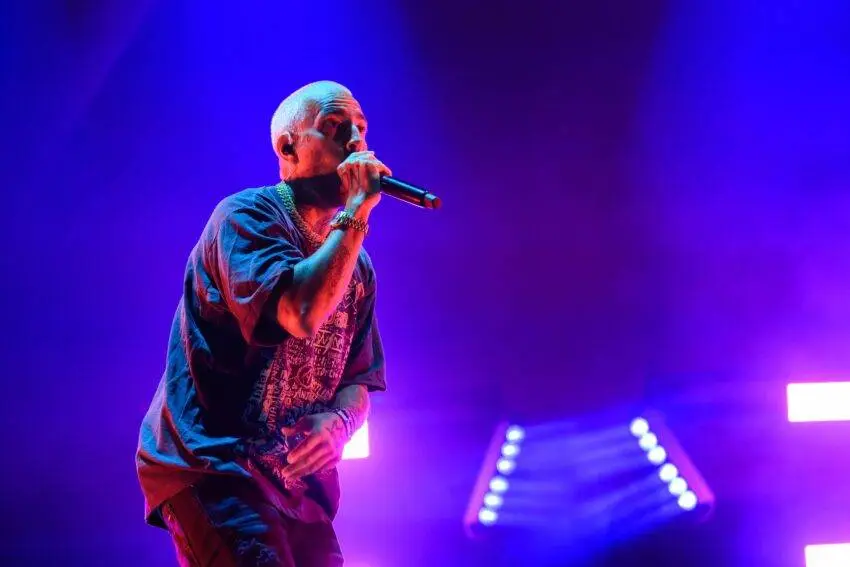Major record labels have launched a groundbreaking lawsuit against AI start-ups Suno and Udio.
The case could have significant implications for the future of AI-generated content and copyright law.
Accusations and Demands
Sony, Universal, and Warner Records accuse the start-ups of using AI to create music that closely mimics existing tracks. They are demanding $150,000 (£118,200) per infringed work.
The lawsuits were filed in federal courts in Massachusetts and New York, and were announced by the Recording Industry Association of America (RIAA).
Background on Suno and Udio
Suno, based in Massachusetts, released its first product last year and has over 10 million users. They have a partnership with Microsoft and raised $125 million from investors.
Udio, also known as Uncharted Labs, is based in New York and supported by venture capital firm Andreessen Horowitz. Their app gained attention for creating the parody track ‘BBL Drizzy’ amidst the Kendrick Lamar and Drake feud.
Fair Use Doctrine and Legal Arguments
The lawsuits claim that the AI firms’ practices are not protected under the fair use doctrine.
Fair use allows limited use of copyrighted works without a licence for purposes such as satire and news reporting.
The record labels argue that the AI-generated music serves no transformative purpose and competes directly with the original recordings.
They state: ‘The use here is far from transformative, as there is no functional purpose for the AI model to ingest the Copyrighted Recordings other than to spit out new, competing music files.’
Examples of AI-Generated Music
Suno and Udio have produced tracks like ‘Prancing Queen,’ which even die-hard ABBA fans might mistake for an authentic recording.
Songs cited in the Udio lawsuit include Mariah Carey’s ‘All I Want for Christmas Is You’ and ‘My Girl’ by The Temptations.
The record labels contend that the AI firms’ motives are ‘brazenly commercial,’ threatening to undermine genuine human artistry.
Broader Implications
The lawsuits represent a broader wave of legal challenges from various industries against AI companies’ use of copyrighted material.
Around 200 artists, including Billie Eilish and Nicki Minaj, recently signed a letter calling for an end to the ‘predatory’ use of AI in the music industry.
The outcome of this case could have significant implications for how AI-generated content is treated under copyright law.
Responses and Future Outlook
Suno and Udio did not immediately respond to requests for comment.
The future of AI-generated music and its legal standing remains uncertain.
As the case progresses, it will be closely watched by both tech and music industries.
This landmark lawsuit marks a critical moment in the intersection between technology and copyright law.
Its outcome could redefine how AI-generated content is regulated, with significant consequences for both industries involved.

